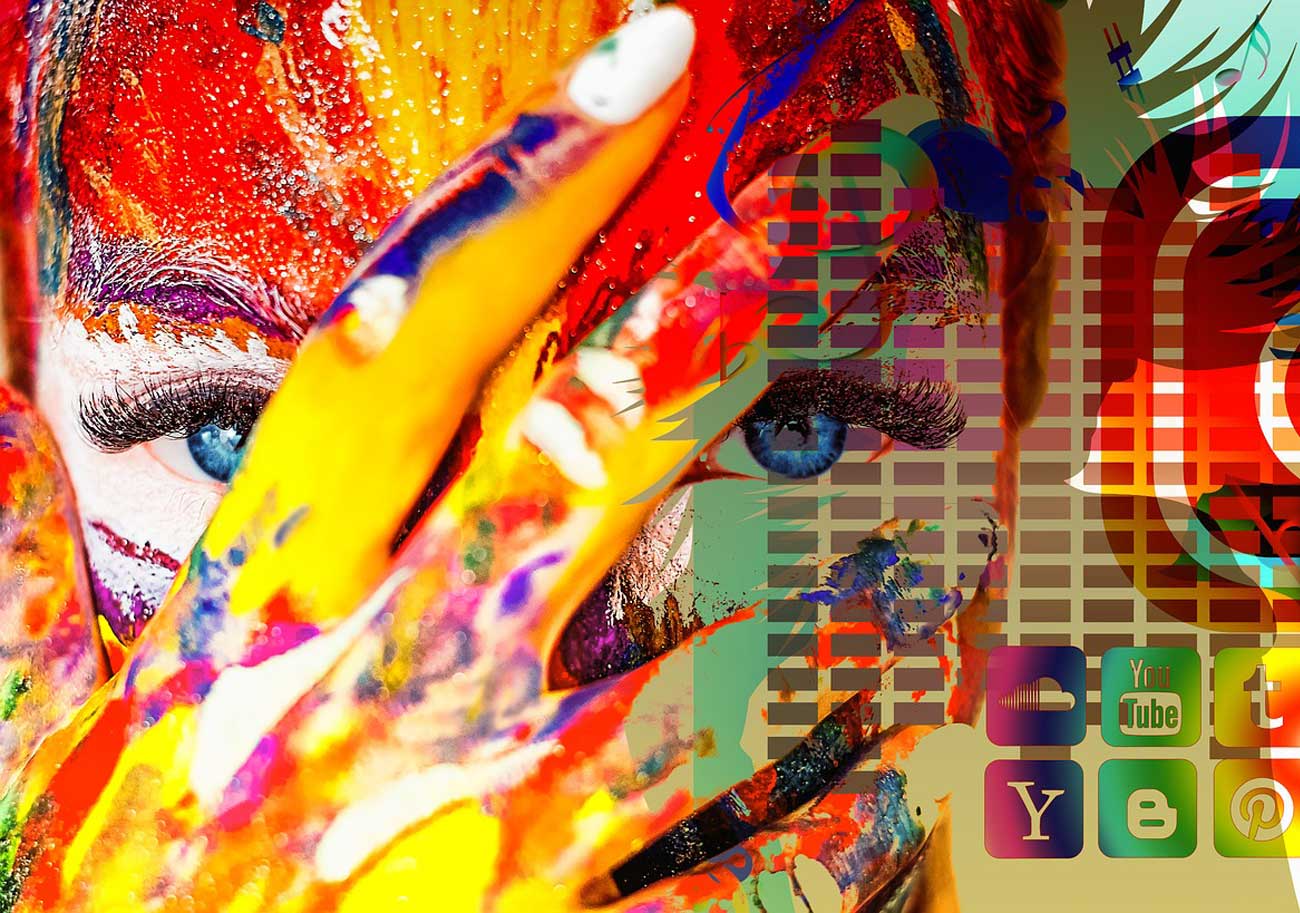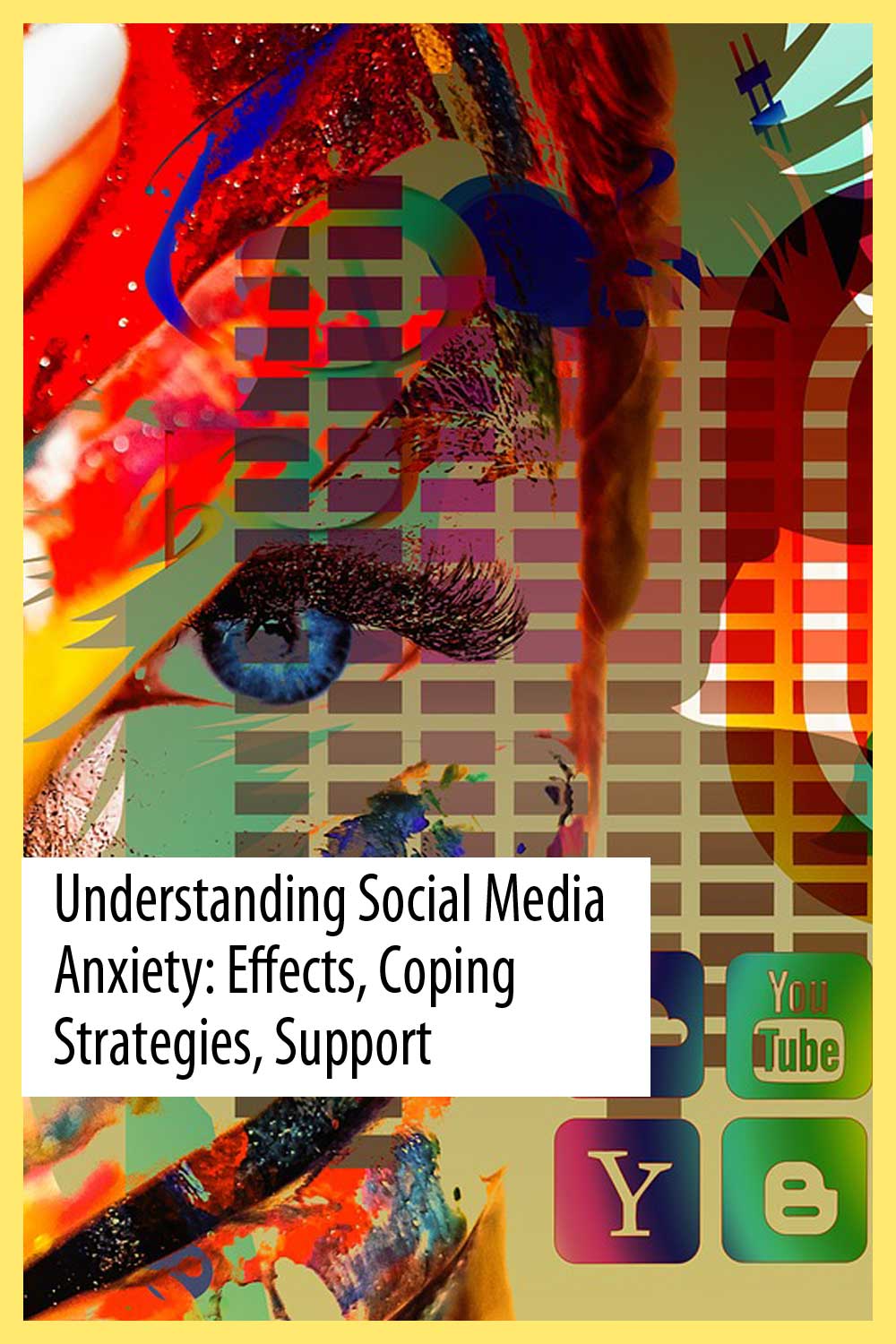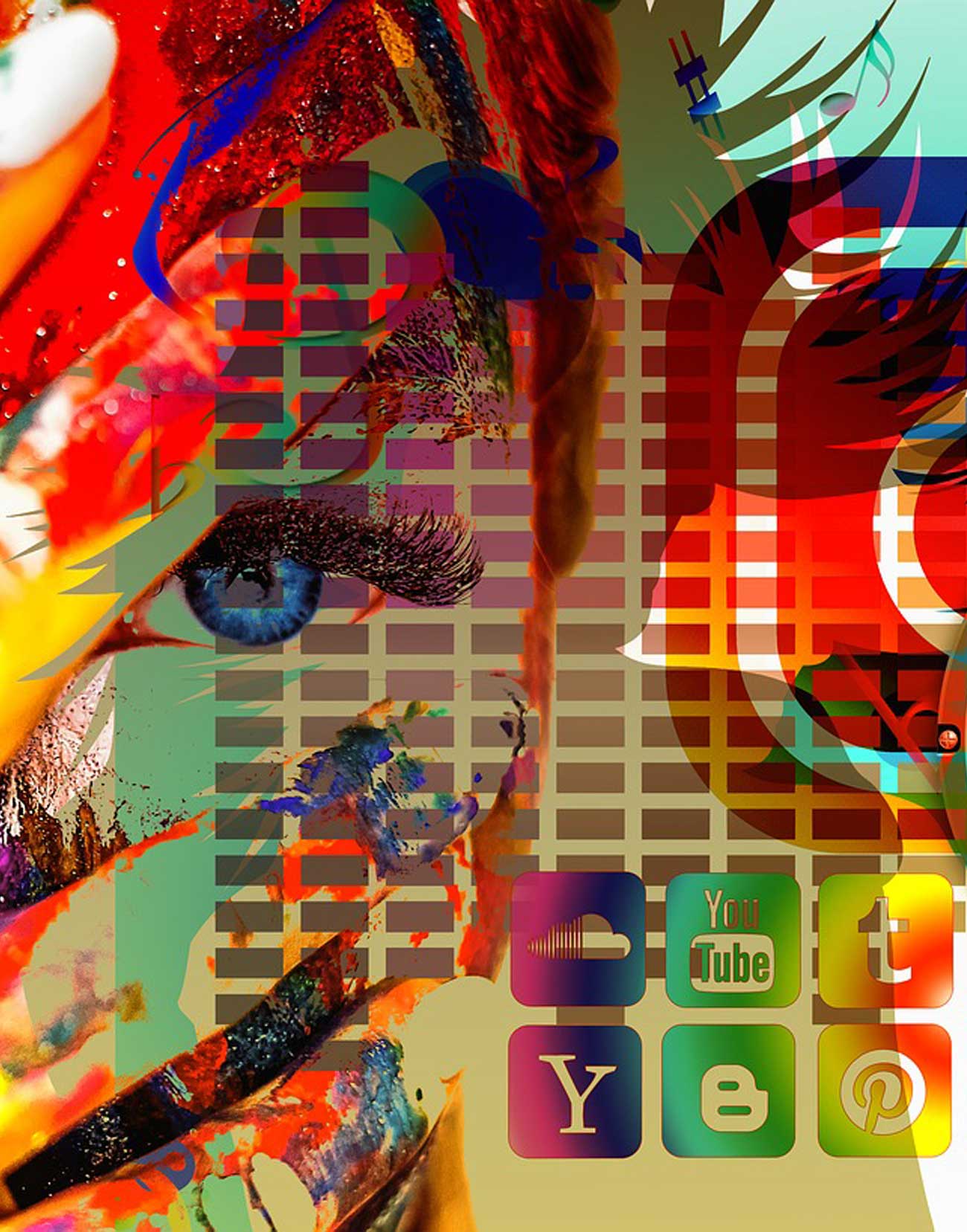
Understanding Social Media Anxiety: Effects, Coping Strategies, Support
Social media has become an integral part of modern life, offering connection and communication opportunities like never before. However, as its prevalence increases, so does the potential for negative impacts on mental well-being. Social Media Anxiety Disorder, though not officially recognized as a diagnostic term, describes the distress and anxiety individuals may experience due to excessive social media use. In this article, we delve into the effects of Social Media Anxiety, explore coping strategies, and highlight the importance of finding support to foster a healthier relationship with social media.
Effects of Social Media Anxiety
1. Anxiety and Stress: Constant exposure to carefully curated images and updates on social media can trigger feelings of inadequacy and the fear of missing out. The pressure to project a perfect image online can lead to anxiety and stress, affecting one’s self-esteem and overall mental health.
2. Social Comparison: Social media platforms often facilitate comparisons with others, making it easy to feel envious or dissatisfied with one’s life. These comparisons can intensify feelings of loneliness and disconnection, contributing to Social Media Anxiety.
3. Cyberbullying and Harassment: Online interactions are not always positive, as cyberbullying and harassment have become prevalent issues. Such negative experiences can significantly impact mental well-being and trigger anxiety in users.
Coping Strategies for Social Media Anxiety
1. Limit Screen Time: Set boundaries for social media usage by limiting screen time each day. Designate specific periods for social media engagement and ensure that the majority of your time is spent on other fulfilling activities.
2. Unfollow Triggering Content: Be mindful of the content you consume on social media. Unfollow accounts that trigger feelings of inadequacy or anxiety and curate your feed to include positive and uplifting content.
3. Practice Mindfulness: Engage in mindfulness techniques to stay present and aware of your emotions. This can help you identify when social media is negatively impacting your mental state and allow you to take necessary breaks when needed.
4. Seek Offline Connections: Cultivate meaningful relationships outside the digital realm. Spend quality time with friends, family, or engage in activities that bring you joy and fulfillment in real-life settings.
Finding Support for Social Media Anxiety
1. Talk to Friends and Family: Open up about your feelings with trusted friends and family members. They may offer understanding and support, and sometimes sharing your experiences can lessen the burden.
2. Professional Help: If social media anxiety significantly affects your daily life, consider seeking professional help from a mental health therapist or counselor. They can provide tailored strategies to manage anxiety and foster a healthier relationship with social media.
3. Support Groups: Join online or in-person support groups where you can connect with others who have similar experiences. Sharing experiences in a supportive community can be reassuring and beneficial.
Conclusion
Understanding Social Media Anxiety and its effects is vital for maintaining a healthy relationship with these platforms. By implementing coping strategies and seeking support, individuals can navigate the challenges of social media, mitigate anxiety, and prioritize their mental well-being. Remember, it’s essential to strike a balance between the digital world and real-life connections to cultivate a fulfilling and mentally healthy lifestyle.

Understanding Social Media Anxiety: Effects, Coping Strategies, and Support
Medical Advice Disclaimer
DISCLAIMER: THIS WEBSITE DOES NOT PROVIDE MEDICAL ADVICE
I am not a doctor. The information, including but not limited to, text, graphics, images and other material contained on this website are for informational purposes only. No material on this site is intended to be a substitute for professional medical advice, diagnosis or treatment. Always seek the advice of your physician or other qualified health care provider with any questions you may have regarding a medical condition or treatment and before undertaking a new health care regimen, and never disregard professional medical advice or delay in seeking it because of something you have read on this website.



